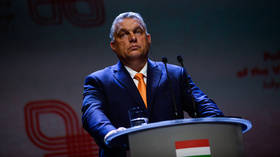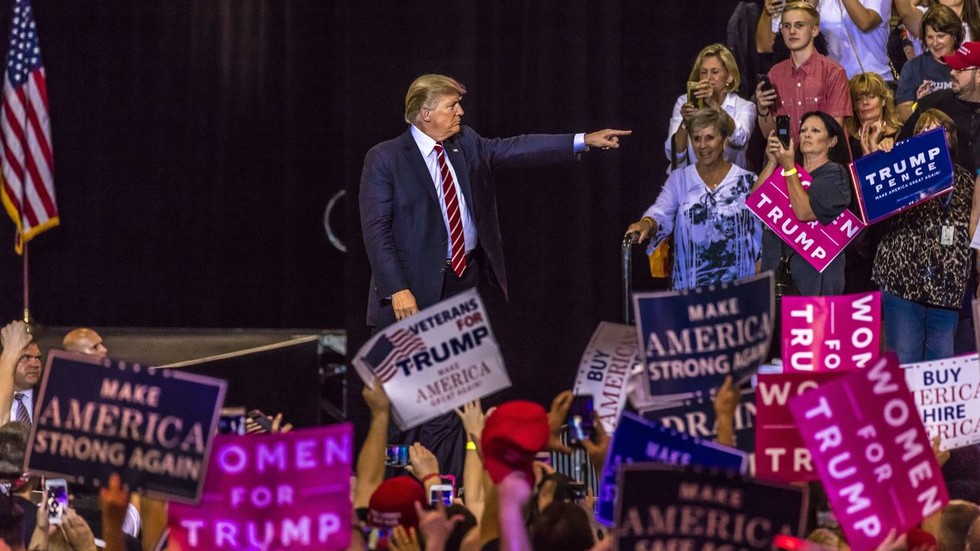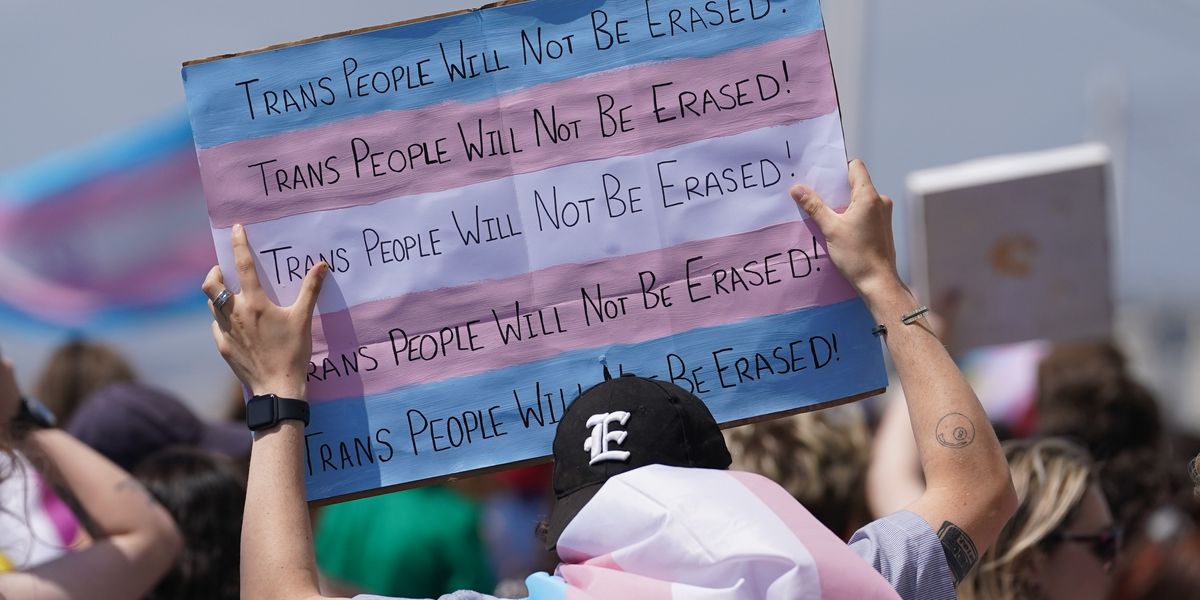Slovak Foreign Minister Juraj Blanar has commented on the possibility of President Donald Trump cutting US support to Kiev
The European Union should not bear sole responsibility for funding Ukraine, Slovak Foreign Minister Juraj Blanar argued on Friday, commenting on a possible termination of US assistance under President Donald Trump.
At a press conference this week, Trump criticized the EU for allegedly taking advantage of the US during Joe Biden’s presidency. He said the economic bloc “should be paying a lot more than they’re paying” and called on Brussels to “equalize” assistance, while he seeks a way to resolve the conflict with Russia.
In an interview with the Slovak news agency TASR, Blanar urged EU members to wait for Trump’s detailed plans on ending the hostilities. He emphasized that if Washington withdraws its support for Ukraine, the EU should not be left to carry the financial burden alone.
“If some European Union countries decide to continue supporting Ukraine militarily, that’s up to them,” the minister said. But Slovakia, he stressed, rejects the idea that the EU as an organization should be “taking on that responsibility.”
EU foreign policy chief Kaja Kallas, a staunch supporter of maximum arms and financial support for Kiev, disputed Trump’s claims about the bloc’s assistance. Speaking to Reuters on Wednesday, she said the union and its members have collectively provided over €134 billion ($140 billion) in aid, making it “the biggest international donor” to Ukraine.
The Kiel Institute, a German think tank, credited the EU countries for overtaking the US in aid pledges in 2023. Data published by its tracker suggests that as of October 2024, allocations by EU states and institutions amounted to €124.7 billion ($130.8 bn), compared to €88.3 billion ($92.6 bn) by the US.
Slovakia is among the EU members which oppose continued military aid to Kiev. While Bratislava provides humanitarian support, it is refraining from sending weapons. On Friday, Blanar stated that “it’s always better to accept some kind of ceasefire and freeze the situation as it is because it could get worse.”
Kallas argued earlier this week that by sending weapons to Ukraine, the EU was buying itself time for a military build-up against Russia, claiming that Moscow would eventually attack the Western nations.
Officials in Moscow have repeatedly denied harboring aggressive intentions. They’ve described the ongoing conflict as a US-initiated proxy war and accused Washington of sacrificing Ukrainian lives to weaken Russia economically and diminish its global competitiveness.

 By Russia Today | Created at 2025-01-24 12:55:14 | Updated at 2025-01-24 19:43:21
6 hours ago
By Russia Today | Created at 2025-01-24 12:55:14 | Updated at 2025-01-24 19:43:21
6 hours ago









